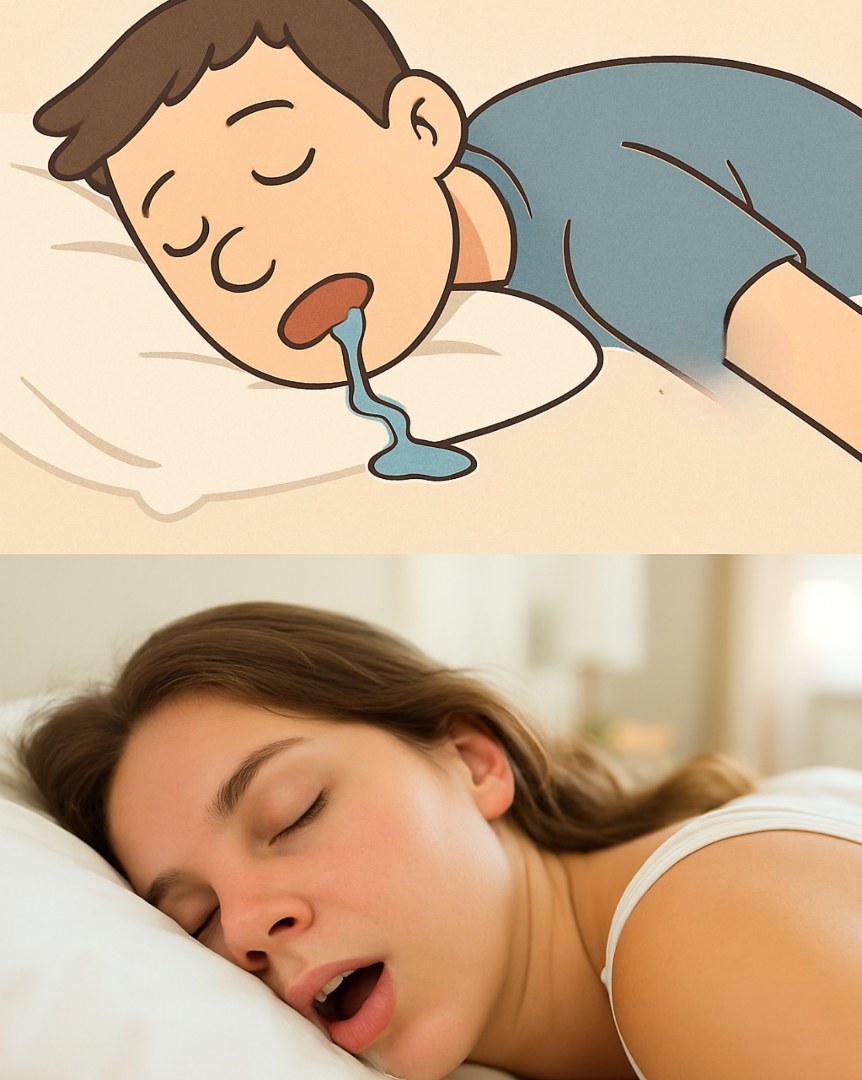Sometimes, drooling can be related to the structure of the nose and throat. A deviated septum, for example, can make nasal breathing difficult and force the mouth to stay open during sleep. In these cases, an ear, nose, and throat specialist can recommend treatments that may help.
More serious conditions, such as sleep apnea, can also cause drooling because of disrupted breathing patterns. People with sleep apnea often snore loudly or wake up tired despite a full night’s rest. If you suspect this, a sleep study can determine what’s happening and guide proper treatment.
Other causes include gum or tooth infections, acid reflux, or even stress-related behaviors like teeth grinding. For some people, drooling can also appear during pregnancy due to hormonal changes and increased saliva production. These cases are generally temporary and improve after the underlying issue is resolved.
If drooling becomes uncomfortable or embarrassing, there are simple ways to manage it. Try sleeping on your back, staying hydrated, or adjusting your pillows for better alignment. For medical causes, addressing the root issue — such as nasal congestion, medication effects, or reflux — usually brings relief.
It’s time to see a doctor if drooling starts suddenly, worsens noticeably, or comes with other symptoms like facial weakness, swallowing trouble, or persistent pain. A quick checkup can rule out serious conditions and help you find the right solution.
Most of the time, drooling while sleeping is nothing more than a natural result of how you rest. Still, paying attention to your body’s signals can improve both your comfort and your sleep quality. With a few small changes — and a bit of awareness — you can wake up feeling refreshed, not soggy.

